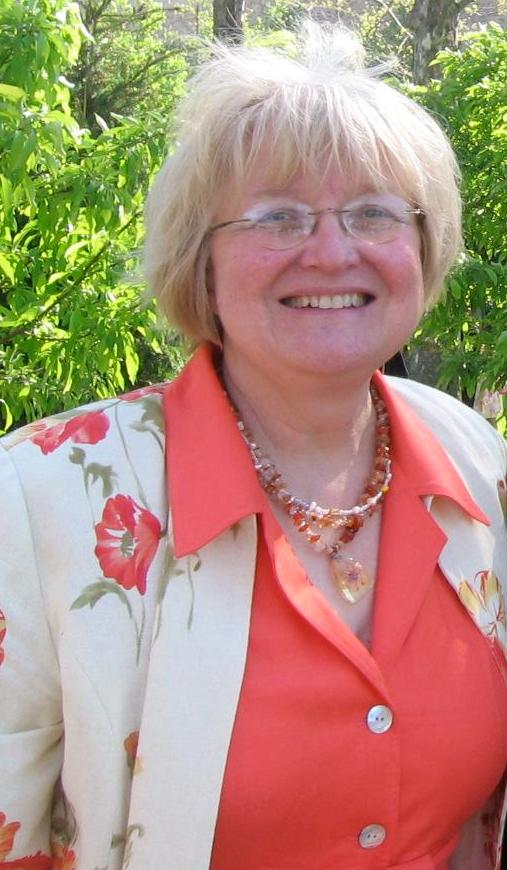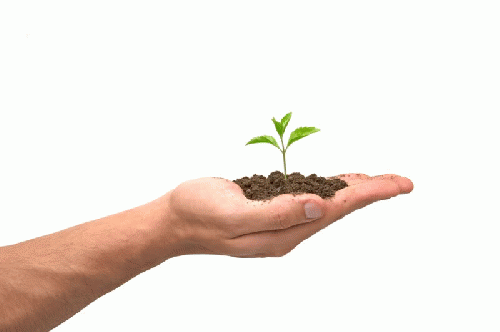"I believe that God is new every morning. I believe that God is creating the world today at this very moment. God did not just create it in the long ago and then forget about it. That means that we have to expect the unexpected as the normal way of how God's Providence is at work. I am hopeful because I believe that the Holy Spirit is still the Creating Spirit that will give us every morning fresh freedom, joy and a new vision of hope, if we open our souls to the Spirit. Hope is a duty, not just a nicety. Hope is not a dream, but a way of making dreams become reality."
-- Belgian Cardinal Leo Suenens
How do you define the word God? Energy"spirit"the unknown"a higher power"Buddha"Mohammad? She? Atheist, agnostic, or evangelical, we all look for ways to keep the idea of a better tomorrow on planet Earth alive. I have always found the above quote to be inspiring. It was shared by a great Jesuit priest years ago. And with another pretty good Jesuit in charge in Rome these days, I find hope that perhaps the more enlightened mind and social justice nature of organized religion may take hold in 2015.
We asked last month in our e-newsletter "Thinking Out Loud" (you can sign up to receive the free newsletter on our home page) to let us know where you see hope. There are reams and reams of reasons for despair on where our world is today. But we are always reminded of what author, radio host, and progressive thinker Thom Hartmann would say, "Despair is not an option."
We heard from a Wisconsin native now living in North Carolina, who responded to the picture on our newsletter of 100,000 in the streets in Madison in 2011 to protest Gov. Scott Walker's union busting legislation. Walter told us: "We were there. It *was* a joyful celebration. I am thankful that we are allowed to assemble peacefully, and my hope for 2015 and beyond is that we will keep advocating for progress: peace, justice, and freedom. (It took the women's suffrage movement about 80 years.).
He tapped into another hopeful theme that we have written about over the last few years, one espoused by Parker J. Palmer, whose book "Healing The Heart of Democracy" provides ways to begin more civil conversations in hopes of "We The People" reclaiming our democracy. Palmer writes about living in the "tragic gap" by which he means the distance between what is and what we know to be possible. If you've not heard him speak on this topic, we invite you to click here. I have found this three-minute clip to be one of the most powerful and hopeful messages I've ever heard.
We also heard from a reader in Indiana who tries to process her living in the "tragic gap" with the understanding of the importance of finding hope in the every day:
"I find it hard to put into words where I derive my hope. I am constantly struck by the ways in which our country is riddled with poor leadership, racism, gross inequality, hatred, cynicism, confusion, ignorance, materialism, sloth, greed, narcissism, pride. Name any vice -- we have it. I worry about what I should do. I fret about solving each problem I hear of. Then I seriously have to remind myself that I am not God. God is God. I am human and limited. I am not supposed to solve every problem, but I can do something very important. I can pray and respond to small things right in front of me. I can be kind, and courteous. I can consider others and remember that no one is perfect. I can remember that everyone is suffering from something. I can remember that I need to pray for them, pray for this world, pray for our leaders, pray for those who hate."
And another told us: "Hope for the future comes from looking at our past-- at the long struggle for women's rights, civil rights, workers' rights, voting rights, environmental protection, Social Security, Medicare. Everything worthwhile in our society came about after a long, difficult struggle with numerous setbacks. There are now many forces aligned against progress, but on our side, is a long history of achieving progressive goals by working together and constantly moving forward.
"A helpful analogy is that of the 'old man planting trees whose shade he knows he will never see.' Our work today, and tomorrow, may well produce results that we won't see, but our children and their children's children will see."
Hopeful reminders often come after a little digging or opening our ears and eyes to see what's in front of us. Here is just a sampling of what I found by either listening to the radio, reading Twitter headline news, or watching public television.
This is courtesy of the Thom Hartmann Show: "Last month, Wisconsin's Gundersen Health System began producing more energy than it consumed, and it's kept up that practice every day since. That energy breakthrough is the result of a goal that the health system set six years ago, which they have since met and exceeded. Gundersen utilizes a variety of technology and energy sources to produce and conserve energy, including solar panels, bio-fuel, landfill methane, and various sustainability measures. These measures not only save Gundersen $2 million a year on energy, the health system actually makes another $2 million a year selling their extra energy and the manure they use to create methane. Talk about a win-win. Gundersen CEO Jeff Thompson said, 'We did not set out to be the greenest health system. We set out to make the air better for a our patients to breath, control our rising energy costs, and help our local economy.'"
And for those who are tearing their hair out at the thought of Oklahoma Sen. Jim Inhofe -- a self-described climate change denier -- now heading up the Senate's environmental committee, consider the following from his home state and its leading public institution. The University of Oklahoma is powering its entire operations with wind power. Who knew? I heard that as a half time commercial listening to the Oklahoma vs. Oklahoma State football game on ESPN Radio.
And there was this from Dennis Kucinich (one of 23 we feature in our book Wisdom of Progressive Voices) who wrote before Thanksgiving that a weary nation must not give into destructive forces. A new paradigm is possible, he said. "We have to start talking about peace and not be misled about what peace represents. That's where a new national discussion needs to be achieved. We must not cede, to the forces of destruction, the future of our country."
We offer up this great piece from "Vox" that came to us via Twitter. In it they found 26 charts of hope. Bookmark the page and reference it when you need a reminder.
(Note: You can view every article as one long page if you sign up as an Advocate Member, or higher).






